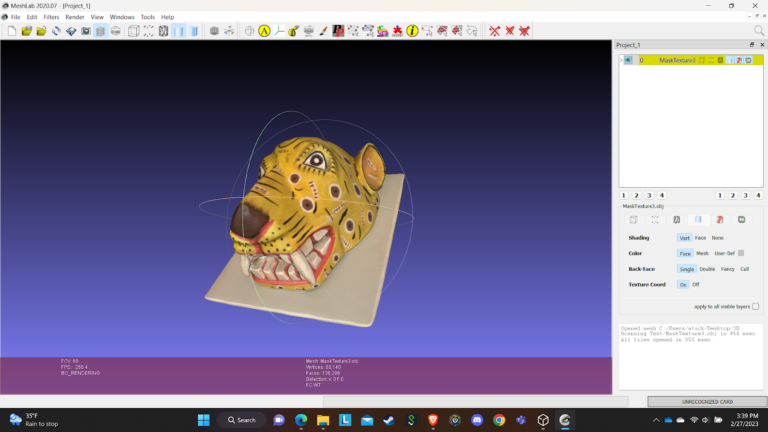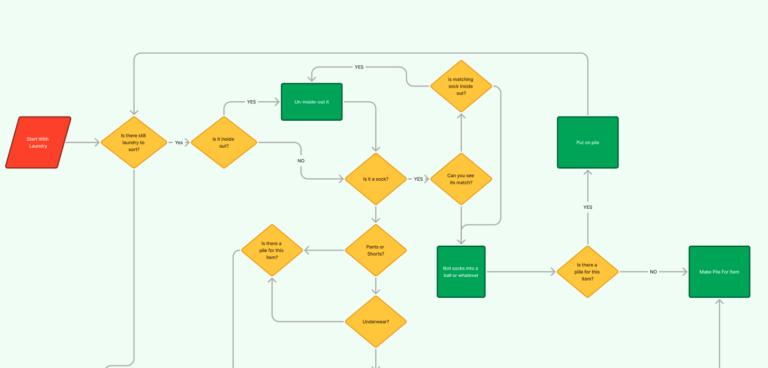LEADR and ANP 420: Language and Cultures
Staff members in the Lab for Education & Advancement in Digital Research (LEADR) collaborate with History and Anthropology faculty to incorporate digital research methods into a variety of classes each semester. This fall (2022) Dr. A.L. McMichael (Director, LEADR) and Professor Chantal Tetreault (Anthropology) continued a tradition of collaborating on ANP 420: Language and Cultures that began in 2014. This time they worked closely with LEADR Graduate Assistant Marcela Omans-McKeeby (PhD candidate, Anthropology) to focus students’ attention on current modes of communication and styles of language online.
For the project, students learned about the ethics of data collection, survey design basics, and how to analyze survey results. The hands-on workshops used two free tools, Google Forms and Voyant, to collect and visualize survey data. Marcela was able to draw on her own dissertation experience developing and disseminating a city-wide survey on perceptions of China in Tijuana, Mexico.
Prof. Tetreault assigns the project because learning about online communicative environments allows students, often for the first time, to critically evaluate their own practices. Some of this year’s research topics include “use of digital technology for classroom communication,” “phone use between generations” and “use of emojis in texting.” Students apply current theories of language to the online environment and learn how to communicate complex ideas as they share results.
By the end of the semester students will have designed a robust survey that is generated and disseminated by the group with clear research questions and a clear set of goals for the data collection. They will have hands-on experience with data collection, analysis, and disseminating research findings. Thus the project entails enhancing digital awareness and literacy as well as the complex ethics of research generally, which are further complicated by the online environment.
The following Teaching Highlight was originally created for the DH@MSU Newsletter and was featured in the December 6, 2022 issue. Subscribe to the Newsletter here.

